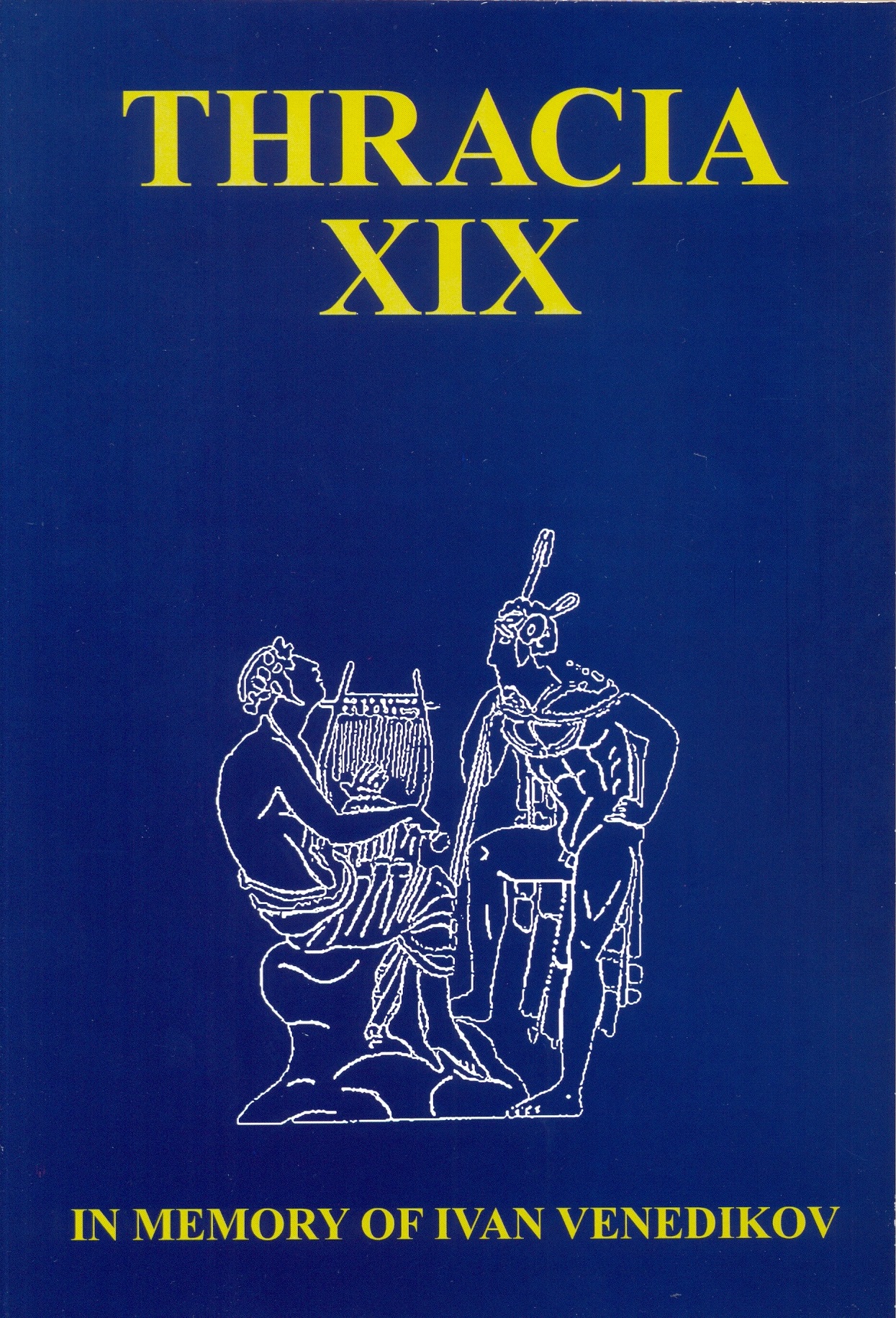Thracian Beliefs in Afterlife
Thracian Beliefs in Afterlife
Author(s): Peter DelevSubject(s): History, Cultural history, Ethnohistory, Local History / Microhistory, Social history, Ancient World, Theology and Religion, History of Religion
Published by: Институт за балканистика с Център по тракология - Българска академия на науките
Summary/Abstract: The study focuses on the considerable diversity and heterogeneity of the Thracian notions of death and life after death, known to the ancient tradition. Pomponius Mela, as well as Solinus, inform that the Thracians welcomed death willingly as a result of their different beliefs: some imagined that the soul of the deceased individual would return, others believed that the soul does not die, but does not return either, passing to a better life, while a third group believed that the soul dies and that this is better than to continue living. Each of these concepts is examined in detail with additional source data. The author recalls that the concept of the soul of the deceased individual is mentioned in connection with Thrace only by relatively late authors: Pomponius Mela, Solinus and Iamblichus. It is emphasised that the specificities of the Thracian burial practices and their millennial evolution suggest parallel existence of different ritual and – accordingly – ideological traditions, whereby direct association of certain burial practices with concrete beliefs is unjustified. The existing ancient evidence on the Thracian notions of eternal happiness and the “good things” that they receive after death are linked with feasts, hunting and horses, a loving wife, servants and wealth, all of which are of a markedly aristocratic nature.
Journal: Thracia
- Issue Year: 2011
- Issue No: 19
- Page Range: 159-167
- Page Count: 9
- Language: English
- Content File-PDF

